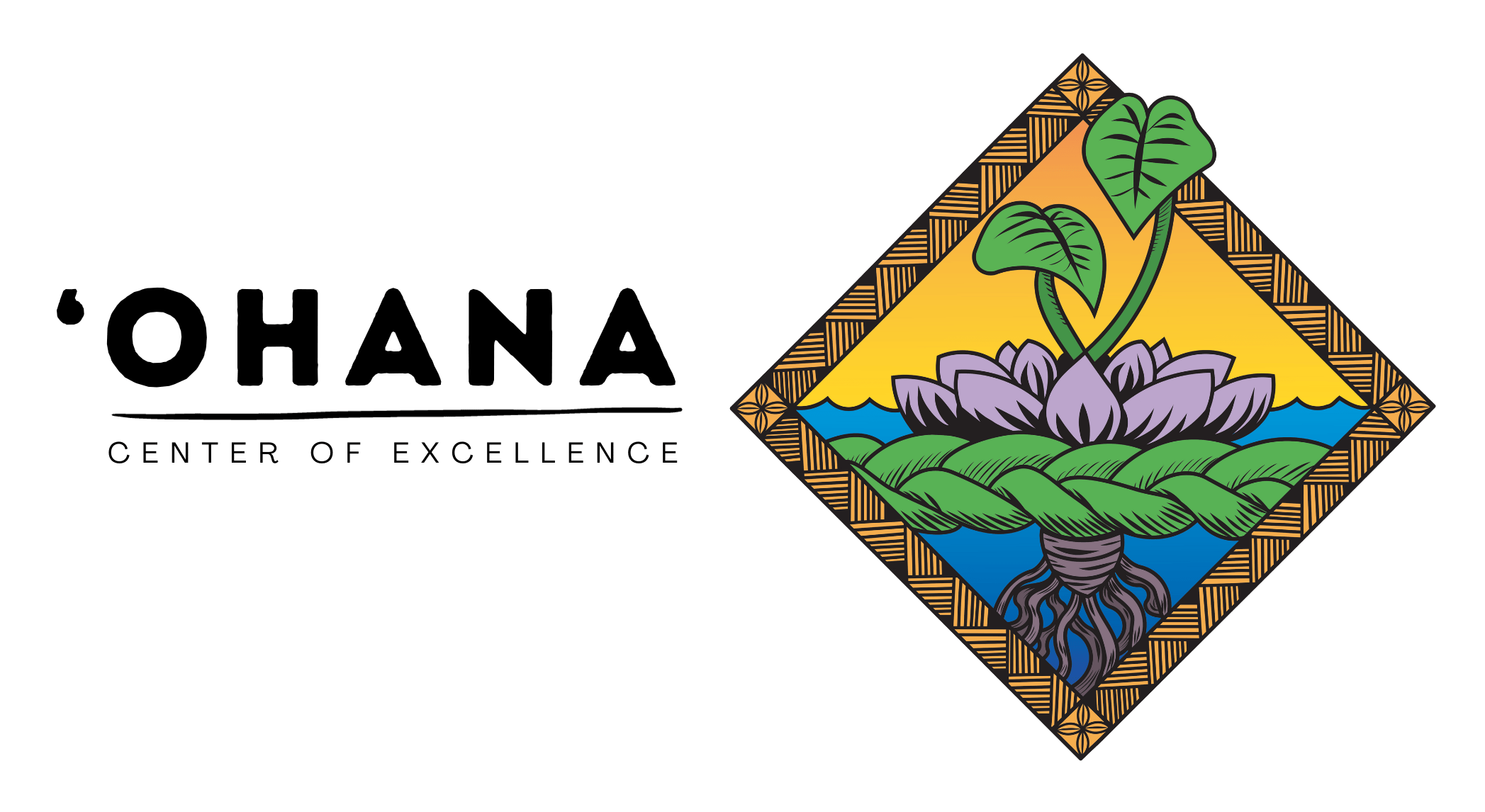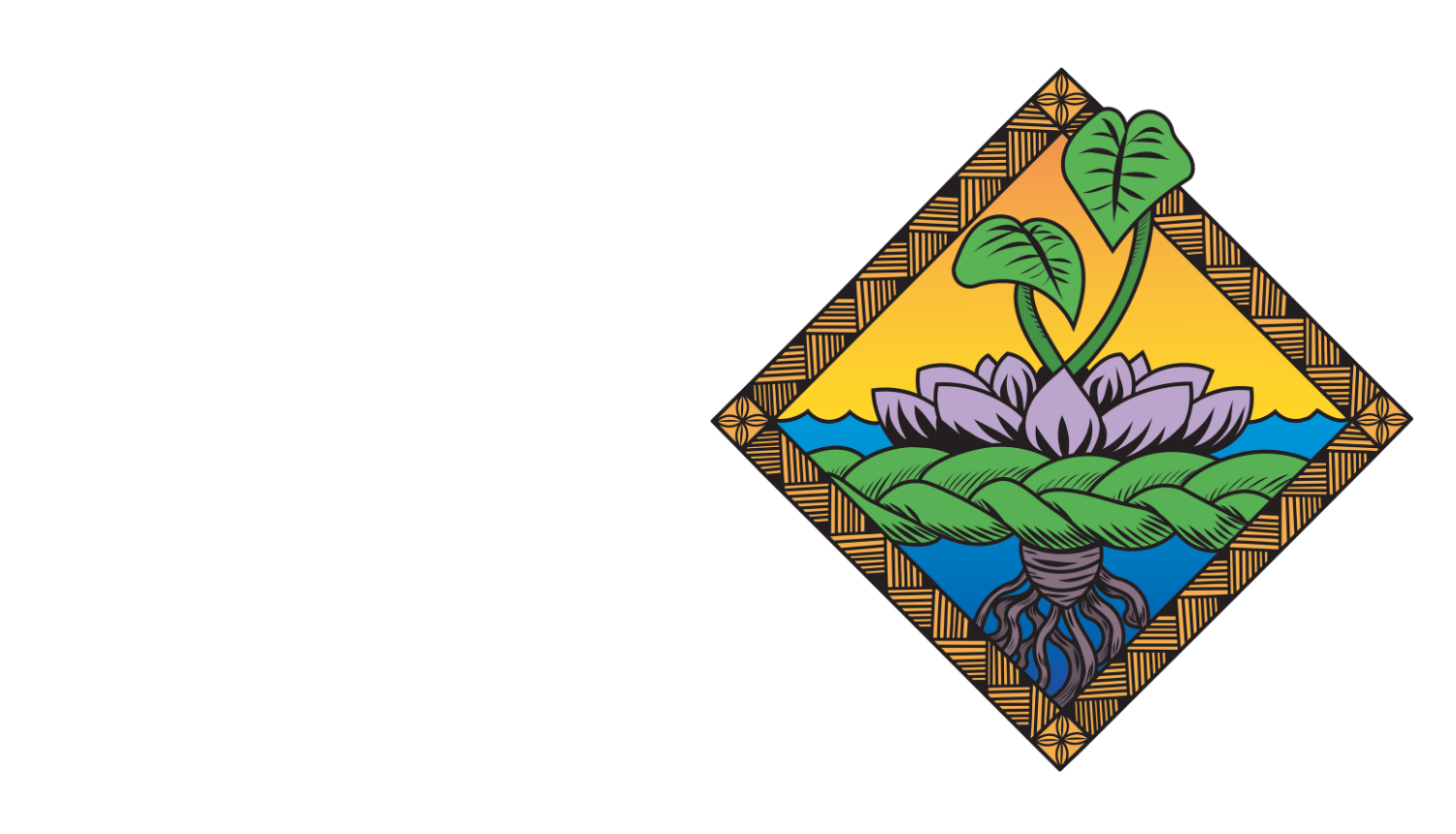Chantelle Eseta Matagi - Tellie

Program coordinator at Papa Ola Lōkahi
Chantelle Eseta Matagi aka Tellie is a health educator and community leader. As a student, graduate, and academic at the Center for Pacific Islands Studies (CPIS) at the University of Hawai’i Mānoa, she has benefited from their interdisciplinary program. Their courses in history, anthropology, social sciences, art, language, economics, and health gave Tellie, a strong knowledge base that is grounded in historical context, cultural humility, and the ability to create and support community-based solutions.
As a Pacific Islander woman, she understands the cultural nuances of working with diverse communities. It is important to her that those doing the work represent those communities affected (diversity in staffing) and that community-led initiatives be supported. She recognizes the importance of collaborative partnerships with embedded community-based organizations, faith-based institutions, medical and social service providers, and community leaders and advocates. During the pandemic, her work highlighted these partnerships and supported educational outreach and community engagement that was in-language and culturally safe. This approach is considered innovative, inclusive of indigenous/native knowledge, and lead to better community participation.
When Tellie began with the state of Hawai’i Department of Health (HDOH) as the COVID-19 Native Hawaiian & Pacific Islander Lead Investigator (Team 6B) in October 2020, Pacific Islanders, Filipinos, and Native Hawaiians accounted for over 50% of the positive cases statewide. Today the number of positive cases in these communities has dropped substantially – approximately 25%. This is an impressive drop and one that could not have been accomplished without the efforts of Team 6B or the support of those communities overly affected by COVID-19.
Under the supervision of Sarah Kemble MD, PhD, HDOH State Epidemiologist and Chief of HDOH Disease Outbreak and Control Division, HDOH has documented and published these innovative practices. The first was the HDOH report “COVID-19 in Hawai’i: Addressing Health Equity in Diverse Populations” which was used as the basis for the Morbidity and Mortality Weekly Report (MMWR) titled “Disaggregating Data to Measure Racial Disparities in COVID-19 Outcomes and Guide Community Response – Hawaii, March 1, 2020 – February 28, 2021.” This work was cited in the Bulletin of the World Health Organization article “Promoting health equity during the COVID-19 pandemic, United States,” as a successful approach to addressing health disparities. The third was the HDOH report “COVID-19 Vaccination Experiences & Perceptions Among Communities in Hawai’i.”
In addition to Tellie’s academic background, lived-life experiences, and community connections she is extremely hard working, exacting, and possesses a tremendous amount of dedication, enthusiasm, patience, and respect for health equity work.


